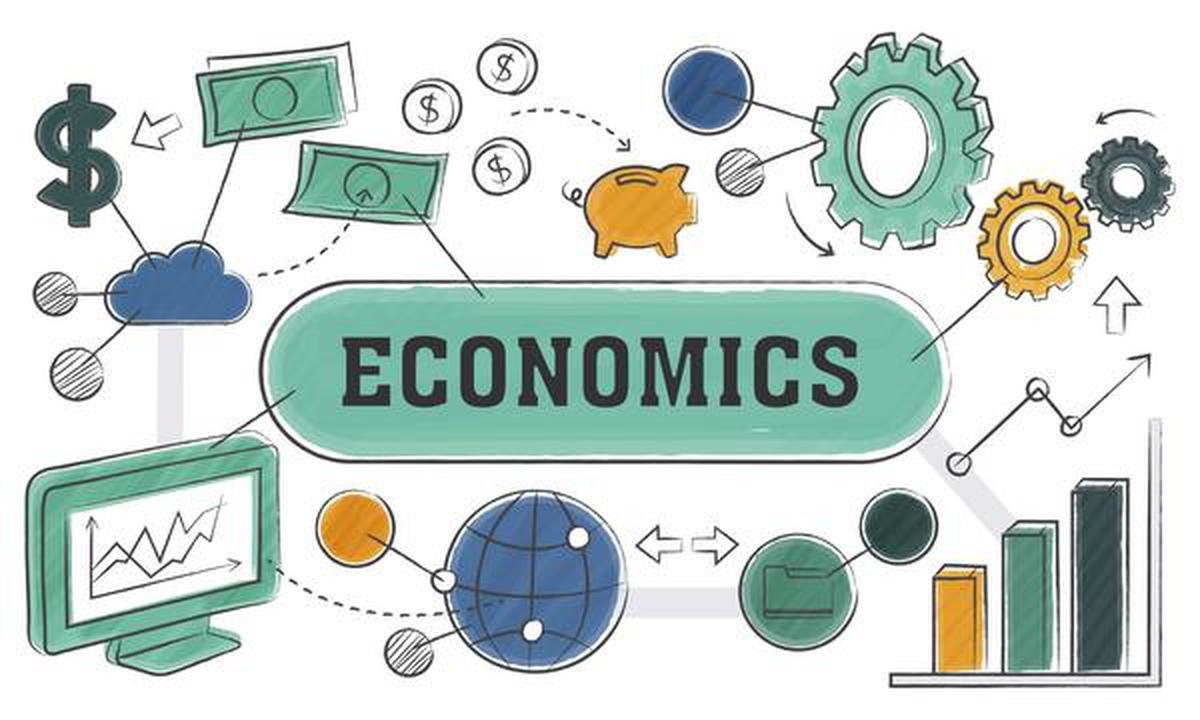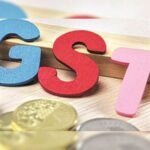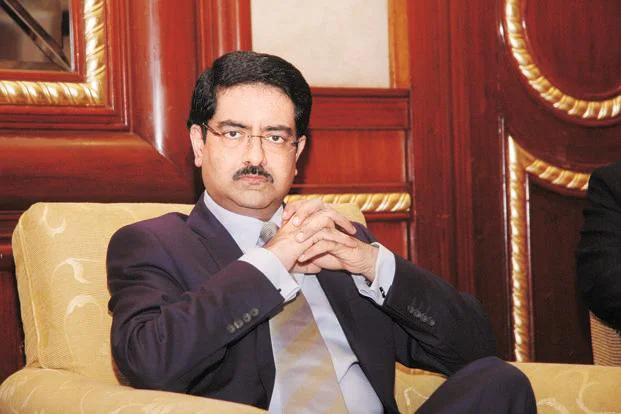Introduction
India’s premier technical institutes, notably the Indian Institutes of Technology (IITs), have long been synonymous with excellence in engineering and technology education. However, in recent years, these institutions have been expanding their academic horizons, recognizing the importance of interdisciplinary studies. Economics, in particular, has emerged as a significant area of focus, reflecting the growing demand for professionals who can navigate the complexities of both technological and economic landscapes.
The Evolution of Economics in IITs
Traditionally, economics was offered within the Humanities and Social Sciences (HSS) departments of IITs, primarily as elective courses for engineering students. Over time, the increasing relevance of economic analysis in technological innovation, policy-making, and business strategy prompted a reevaluation of its role within these institutions.
Recognizing this shift, several IITs have established dedicated departments and programs in economics:
- IIT Kanpur: Pioneered the establishment of a standalone Department of Economic Sciences in 2017, offering undergraduate, postgraduate, and doctoral programs in economics.
- IIT Bombay: Introduced a four-year Bachelor of Science (BS) program in Economics in 2017, later integrating it into a newly formed Department of Economics in 2023.
- IIT Delhi: Offers a two-year Master of Science (M.Sc.) program in Economics through its Department of Humanities and Social Sciences, catering to students from diverse academic backgrounds.
- IIT Madras: Transitioned its five-year integrated MA programs into two-year MA degrees in Economics, English Studies, and Development Studies, emphasizing contemporary subjects and interdisciplinary approaches.
- IIT Roorkee: Launched a two-year Master’s program in Economics in 2016, focusing on financial economics, public policy, and development economics.
Interdisciplinary Integration
The incorporation of economics into the IIT curriculum reflects a broader trend toward interdisciplinary education. By blending technical expertise with economic analysis, these programs aim to produce graduates capable of addressing complex challenges in areas such as:
- Technology Policy: Understanding the economic implications of technological advancements and crafting policies that foster innovation while ensuring equitable access.
- Sustainable Development: Analyzing the economic aspects of environmental sustainability, resource management, and climate change mitigation.
- Data Analytics: Applying statistical and econometric methods to interpret large datasets, informing decision-making in business and government.
This interdisciplinary approach equips students with a versatile skill set, enhancing their employability and capacity to contribute meaningfully across various sectors.
Expanding Access and Flexibility
To accommodate the diverse needs of students and professionals, IITs have introduced flexible program structures:
- eMasters Programs: IIT Kanpur offers online master’s degrees in areas like Economics and Finance, Economics and Data Analytics, and Economics, Finance, and Public Policy, designed for working professionals seeking to upskill without interrupting their careers.
- Modular Courses: Programs are structured to allow students to tailor their studies according to their interests and career goals, with options to specialize in subfields such as behavioral economics, international trade, or financial economics.
- Interdisciplinary Minors: Students enrolled in engineering or science programs can pursue minors in economics, fostering a well-rounded educational experience.
Research and Collaboration
The establishment of dedicated economics departments has also bolstered research initiatives within IITs. Faculty and students engage in cutting-edge research addressing pressing economic issues, often in collaboration with government agencies, international organizations, and industry partners. Areas of research include:
- Public Policy Analysis: Evaluating the effectiveness of government programs and policies, providing data-driven recommendations for improvement.
- Development Economics: Studying economic development processes, with a focus on poverty alleviation, education, and healthcare.
- Environmental Economics: Assessing the economic impact of environmental policies and exploring market-based solutions to environmental challenges.
These research endeavors contribute to the formulation of informed policies and the advancement of knowledge in the field of economics.
Impact on Career Opportunities
Graduates of economics programs at IITs are well-positioned for careers in academia, government, international organizations, and the private sector. Their interdisciplinary training and analytical skills make them valuable assets in roles such as:
- Policy Analysts: Advising on economic policies and regulatory frameworks.
- Data Scientists: Interpreting complex datasets to inform business strategies.
- Financial Analysts: Evaluating investment opportunities and financial risks.
- Academicians: Conducting research and teaching in higher education institutions.
The strong placement records of these programs attest to the high demand for graduates with such interdisciplinary expertise.
Conclusion
The integration of economics into India’s leading technical institutes signifies a transformative shift in higher education, embracing the interconnectedness of technology and social sciences. By fostering interdisciplinary learning and research, IITs are preparing a new generation of professionals equipped to navigate and address the multifaceted challenges of the modern world.

















Leave a comment